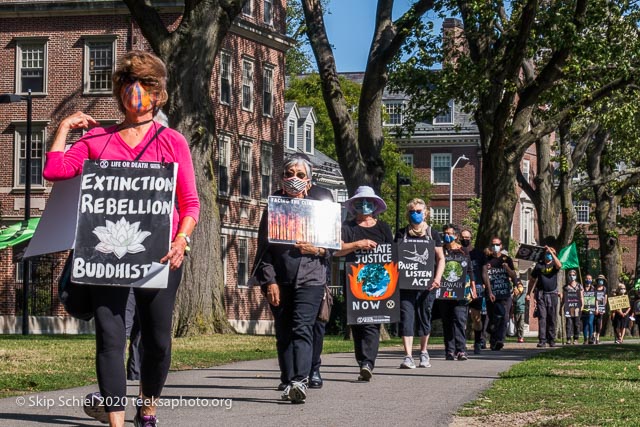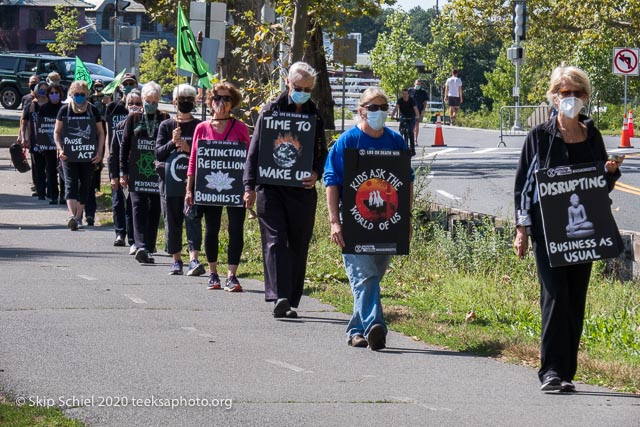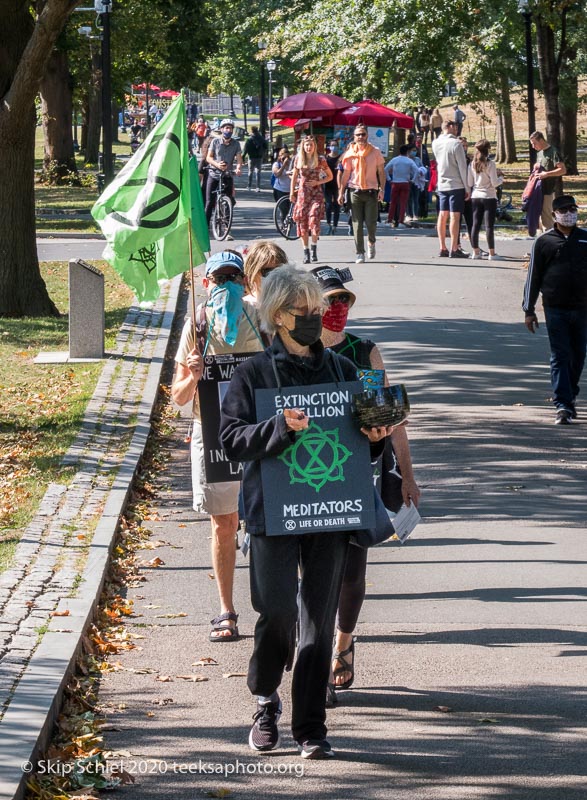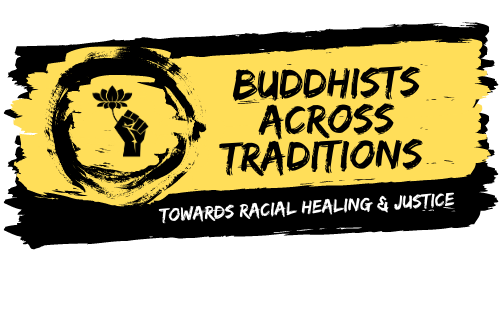Prayer For Rebellion
By Kaspa Thompson
May we remember the beauty of the Earth and of all living things
May we remember how much we have already lost
May we remember that what we do today can change the future
Stepping out into the city, sitting in the road
occupying the places that we are not allowed to be in
May we find peace in the midst of chaos
May we find energy in the midst of peace
May we find equanimity in the midst of noise and surrounded by the police
May we find compassion for all beings
Having taken refuge and knowing we are loved
May we make space for all of our feelings without being overwhelmed by them
May we meet our own anger and grief with compassion and understanding
May we meet the frustration and fear of others with love
In the midst of our own difficulty may we remember that protest is not a right shared around the world
May we remember the different ways that we are policed in this country depending on the colour of our skin, our accent and the clothes we are wearing
There will be days when we are exhausted. There will be days when we are upset with ourselves and everyone else. Sometimes we will remember to be kind to ourselves and others through all of this and sometimes we won’t. The Buddhas and Bodhisattvas are present and sending their merit and love and compassion towards us just the same.
May we remember that Buddhas act spontaneously with love and vigour
May we be inspired by their example.
In love and grief for the Earth. Tell the Truth. Act Now. Go Beyond Politics.
Prayer For Rebellion Read More »




